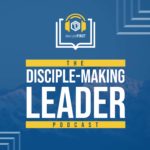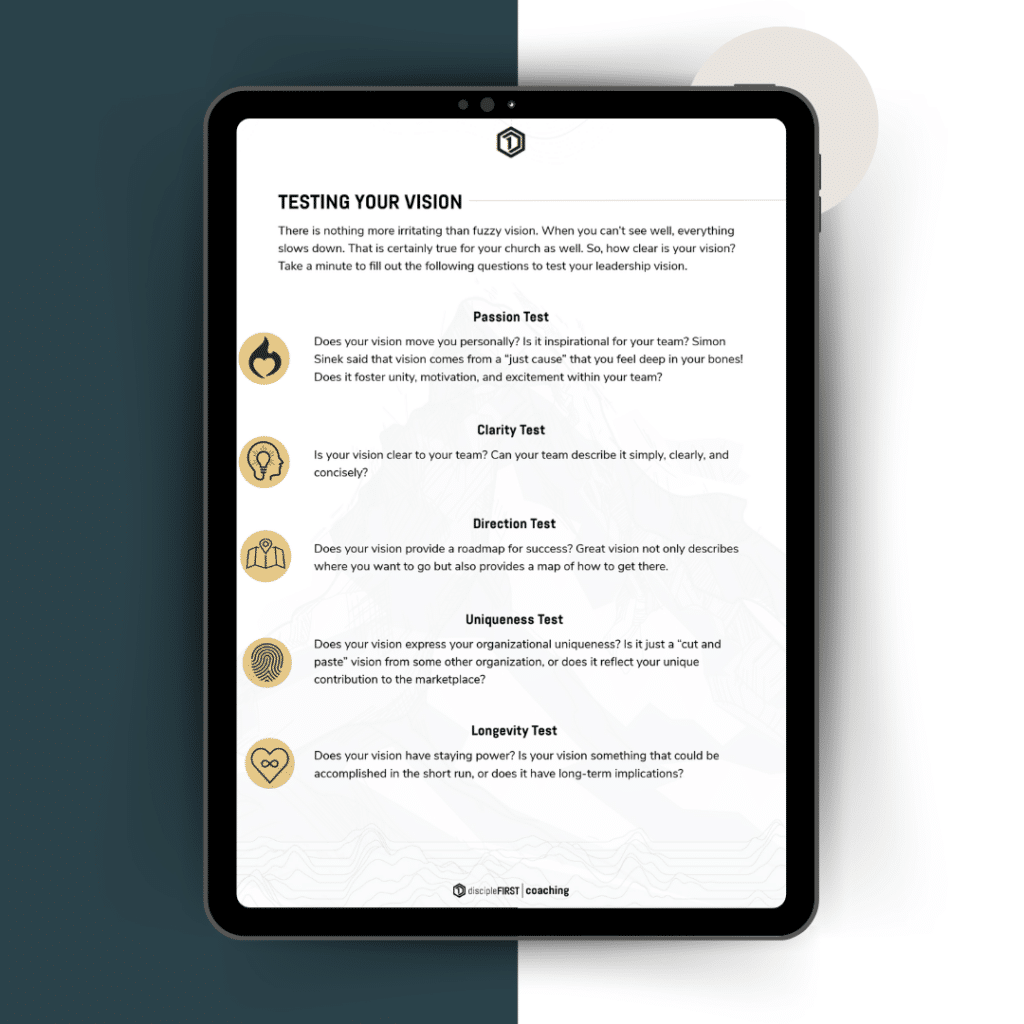
In today’s episode, we dive deep into the art of crafting an intentional vision. Focusing on simplicity and practicality, they explore the critical balance between inspirational, long-term goals and actionable, short-term plans. Craig Etheredge shares his analogy of driving a car to illustrate how leaders need to divide their vision into manageable segments, while Ben Borgman highlights the importance of integrating both inspiration and incremental progress to keep teams motivated.
Throughout this engaging discussion, our hosts underscore the necessity of a clear vision to prevent chaos and factionalism within organizations. They’ll introduce you to the “vision test,” a set of criteria designed to assess and refine your leadership vision. Plus, they’ll share practical tips on how to pivot and recalibrate plans when facing unexpected challenges.
Stay tuned as we thank our team members, share personal experiences, and preview the next episode, which will focus on effectively communicating and casting the crafted vision. Make sure to download the resources mentioned in the show notes and visit DiscipleFirst.com for additional training and coaching.
Overview:
- 00:00 Importance of crafting a clear, compelling vision.
- 03:24 Leadership requires clear vision for effective direction.
- 10:01 Does your vision inspire passion and change?
- 13:28 Unity, motivation, excitement: all must coexist
- 17:03 Provide a map, not a menu, vision.
- 18:45 Vision must reflect church’s unique mission.
- 23:24 Vision is inspirational leadership and unity.
- 26:31 Balance inspiration and practical planning for progress.
- 29:28 Intentional vision combines inspiration and incremental improvements.
- 34:06 Adjusting plans facilitates progress amid unforeseen obstacles.
- 38:05 Reflect and evaluate distractions for necessary adjustments.
- 41:19 Planning, budgeting, and vision casting for church.
- 44:48 Leadership and vision inspire active church involvement.
- 45:39 Craft intentional vision; download guide from show notes.
Discussion Questions:
- What are the key components of the “vision test” and how can they be applied in your organization?
- How do the analogies of driving a car relate to balancing short-term and long-term organizational goals in your context?
- What is the significance of both an inspirational vision and practical incremental plans in effective leadership?
- Discuss a time when having a clear vision helped your team overcome immediate challenges or unpredicted obstacles.
- How do the structured plans discussed allow for adaptability without losing sight of long-term goals in your organization?
- In what ways can crisis management and evaluation serve as opportunities for recalibration and progress in your leadership experience?
- How can you ensure that your vision is unique to the organization and have longevity beyond short-term goals?
- How does the distinction between mission and vision, influence your approach to leadership and team alignment?
- How can a stable vision prevent organizational chaos and factionalism in your setting?
- The episode highlights the importance of celebrating progress and enhancing team motivation. What practices can you adopt to regularly inspire and sustain your team’s enthusiasm?

